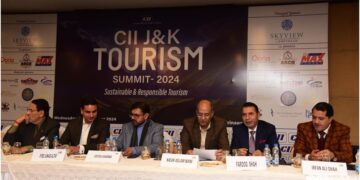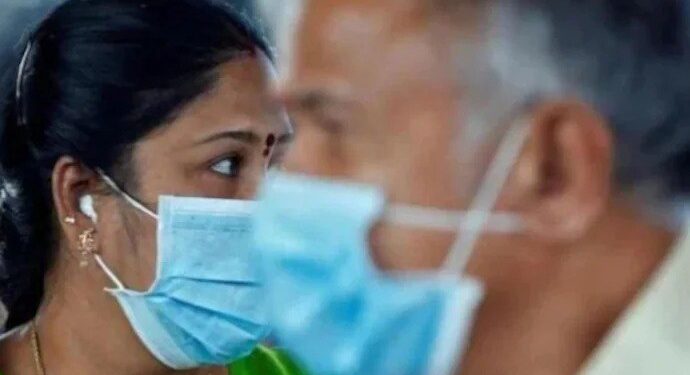Delhi health authorities have issued an advisory to prepare for potential health challenges linked to Human Metapneumovirus (HMPV) and other respiratory viruses amid growing cases in China. Former Chief Minister Arvind Kejriwal on Monday said the fresh health scare called for “immediate attention from the Centre”.
On Sunday, top Delhi health official Vandana Bagga held a meeting with chief district medical officers and the state programme officer of the Integrated Disease Surveillance Programme (IDSP) to discuss readiness to manage respiratory illnesses.
Hospitals have been mandated to follow strict isolation protocols for suspected cases. The medical officer also directed hospitals and health acilities to maintain detailed records of Severe Acute Respiratory Infection (SARI) and lab-confirmed influenza cases to ensure accurate monitoring.
They were advised to stock up on medicines like paracetamol, antihistamines, bronchodilators, and cough syrups, along with oxygen for treating mild cases.
The advisory follows reports of a rise in respiratory illnesses in China. However, updates from the IDSP, National Centre for Disease Control (NCDC), and the World Health Organization (WHO) indicate no significant surge in respiratory illnesses in India as of January 2, 2025, officials said.
In a tweet today, Aam Aadmi Party chief Kejriwal also said that it was crucial to contain such cases at an early stage “drawing from our experience” of the Covid-19 pandemic.
“The outbreak of the HMPV virus calls for immediate attention from the Centre. Drawing from our experience with Covid, it’s crucial to contain such cases early and be prepared to tackle what could potentially become another health emergency,” he added.
Meanwhile, the advisory from the Delhi government came days after the Union Health Ministry said that there was no need to be alarmed and asked citizens to take regular precautions, like in the case of respiratory diseases.
WHAT IS HMPV?
The virus primarily targets the respiratory system, causing mild to severe infections. The transmission of the disease occurs through respiratory droplets and contact with contaminated surfaces.
Even though they belong to different viral families, many have likened HMPV to Covid-19 virus as their symptoms are strikingly similar when it comes to its transmission and symptoms as well.
Like COVID, HMPV also targets the respiratory system. Like COVID, HMPV also affects immunocompromised individuals, children and adults.
HMPV typically causes symptoms resembling a common cold, such as cough, wheezing, runny nose, or sore throat.
However, in young children, the elderly, and people with weakened immune systems, the virus can lead to severe respiratory complications, requiring prompt medical attention.





















